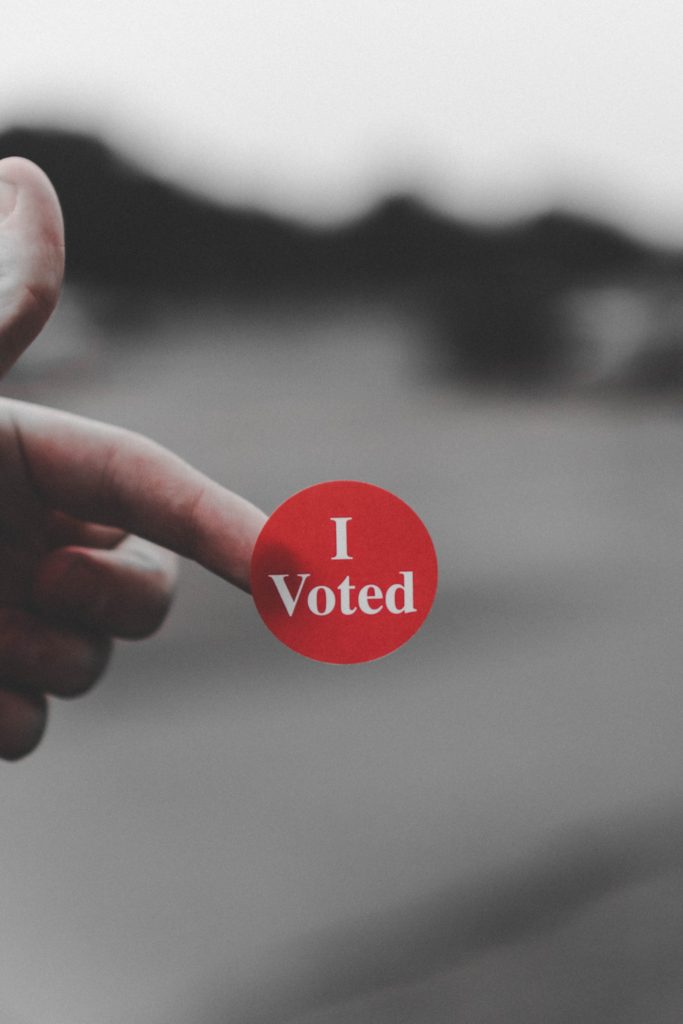Canada is in the midst of an affordable housing crisis that is impacting residents around the country. Over 1.7 million Canadian households spend more than 30 per cent of their income on housing. In only 3 per cent of Canadian neighbourhoods can an individual earning minimum wage, working full-time hours, afford to rent an average two-bedroom apartment. Yet, the cost of accommodation is constantly on the rise. With the federal election right around the corner, Canadians are expecting action from the party that will earn their vote.
The top economic concern voters hold going into the 2019 election is the cost of living and housing affordability, according to a survey recently conducted by Abacus Data. The parties will address this issue in different ways, but they’ll all focus on it. Here’s what we know so far about how they will tackle this critical concern.
Liberals
During their past four years of government, the Liberals have identified the affordable housing crisis as a key issue requiring their attention. They’ve focused on three key housing-related problems during their time in office, including the shortage of affordable housing, the rising prices of real estate and housing affordability for millennials. The Liberals have introduced several initiatives that have aimed to address these concerns.
Mortgage stress test
The mortgage stress test was implemented in two phases between 2016 and 2018, establishing stricter standards for federally-regulated lenders to vet Canadians applying for a mortgage. It requires individuals receiving, renewing or refinancing a mortgage to undergo the test to determine if you qualify for a mortgage, and if you do, how much you can borrow.
The test was created to protect borrowers, to ensure they’ll still be able to afford their mortgage payments even if they were to rise substantially.
Since around 2017, the national home price growth has slowed down considerably, according to Global News. However, it’s difficult to determine whether this was caused directly by the Liberal’s implementation of the stress test because it overlapped with provincial and municipal measures that also aimed to improve the housing affordability issue.
National Housing Strategy
In 2017, the Liberal government announced the National Housing Strategy (NHS), a 10-year, $55 billion program that aims to create 125,000 new housing units, repair more than 300,000 units and remove more than half a million families from housing need.
The government committed to financing the construction of 16,000 affordable units in 2018, compared to just 5,900 units in 2015. However, this is still significantly lower than the number of government-financed units in the 1980s and we have 10 million more people living here now.
With that being said, without the NHS, funding to assisted housing would have dropped by more than 70 per cent by 2027-28 due to the expiry of previous time-limited investments, says Global News.
First-Time Home Buyer’s Incentive
The First-Time Home Buyer Incentive aims to make purchasing your first home more accessible. The program, which launches Sept. 2, will allow homebuyers to make lower monthly mortgage payments without increasing their down payment.
This is done by offering a 5 or 10 per cent shared equity mortgage with the government. This mortgage is interest-free and doesn’t require ongoing repayments. You can repay the incentive at any time, but it is due after 25 years or if the property is sold, whichever comes first.
The amount you repay is based on the value of the home at the time of repayment. If the home has decreased in value, the government would take the loss.
However, over a 25-year period, you might have to pay the government more than you’d save in mortgage payments through the program, according to Global News’ calculations.
While there are mixed opinions about whether this incentive actually helps first-time homebuyers or not, this program will allow individuals buy a home, who wouldn’t otherwise be able to.
Canada Housing Benefit
The Liberal’s proposed Canada Housing Benefit (CHB) would provide residents in need with cash to help pay for housing, starting in 2020. It would include cash transfers up to $2,500 a year to 300,000 families struggling to afford their accommodation.
While this benefit will make a significant difference in the lives of these families, it will only impact these families. The number of individuals receiving this sum is small, meaning the impact of CHB will remain limited.
Central message of the campaign: There’s much more to do and our policies put Canada on the right track.
Conservatives
The Conservatives have focused on affordability, specifically in their criticism of the Liberal government and how their carbon tax will work to make life less affordable for Canadians, saying it will push the dream of homeownership further out of citizens’ reach. The Conservatives have yet to release their platform, so what we know right now about their stance on affordable housing is limited.
In a speech made in January, Conservative Leader Andrew Scheer identified housing affordability as a key issue causing anxiety for young people in Canada today. He said the Conservatives would tackle this concern by increasing the supply of homes by making it easier for new units to come onto the market as well as making it easier to qualify for mortgages.
Mortgage stress test review
Scheer has been highly vocal about his plans to review the Liberal’s mortgage stress test if elected. New rules to the stress test require uninsured-mortgage applicants (including properties valued at over $1 million, rental properties, refinances and amortization periods greater than 25 years) to qualify at a rate 200 basis points (or 2 per cent) higher than what their federally regulated lender is offering. Because an uninsured mortgage poses higher risks for the lender, this requires individuals to pay a higher interest rate.
While Scheer agrees it’s important to ensure credit markets aren’t exposed to major risk, he argues that these rules may be shutting first-time homebuyers who can keep up with mortgage payments out of the housing market.
Under the current test, existing borrowers looking to switch lenders must past the stress test again, despite having already done so with their current lender. This presents a barrier that makes it challenging for Canadians to shop around for better rates from different lenders, essentially holding them hostage to their first bank. Scheer notes this as a provision they are “committed to removing.”
Central message of the campaign: We want people to get ahead, not just get by.
NDP
The NDP party is known for advocating for the needs of working families and affordability has long since been at the centre of their platform. As the only party that’s released its platform to date, we’re able to get an in-depth look at what specifically the NDP would do for affordable housing in Canada.
Build 500,000 new affordable homes
The NDP has committed to creating 500,000 units of quality, affordable housing over the next ten years. This will help to create thousands of jobs and increase the supply of affordable housing.
Double Home Buyer’s tax credit
Currently, the Home Buyer’s tax credit allows first-time homebuyers to claim a tax refund of up to $750 in the year they purchase a home. The NDP plans to double this tax credit to $1,500, to give new buyers a hand with closing costs.
Remove GST/HST on the construction of new rental units
They will waive the federal portion of the GST/HST on the construction of new affordable rental units in order to spur the construction of units Canadians can afford. They identify this change as a simple one that will result in a great deal of change.
Increase terms for CMHC insured mortgages
The NDP will re-introduce 30-year terms to the Canada Mortgage and Housing Corporation’s (CMHC) insured mortgages on entry-level homes for first-time homebuyers. This will allow for smaller monthly payments. Their aim is to make homeownership accessible for Canadians, not just affordable renting.
Central message of the campaign: We want to make sure everyone can afford a good life.
The federal election is fast approaching, taking place on October 21. You can either vote on election day, vote at your advanced poll or vote by mail. Habitat HM encourages you to consider each party’s stance on the issue of affordable housing, as well as on other key issues before placing your vote this election season.
For a comprehensive guide to where the parties stand on everything, that’s regularly updated leading up to the election, click here.
Habitat for Humanity Halton-Mississauga-Dufferin is a proud member of our national organization Habitat Canada and is one of 54 local Habitat affiliates across our country. Habitat for Humanity brings communities together to help families build strength, stability, and independence through affordable homeownership. We provide a solid foundation for better, healthier lives in Canada and around the world. You can find out more about Habitat Canada at habitat.ca.
With files from: Global News, CBC News, CTV News, HuffPost Canada, Macleans.
By: Olivia Kabelin
Updated: July 6, 2021

